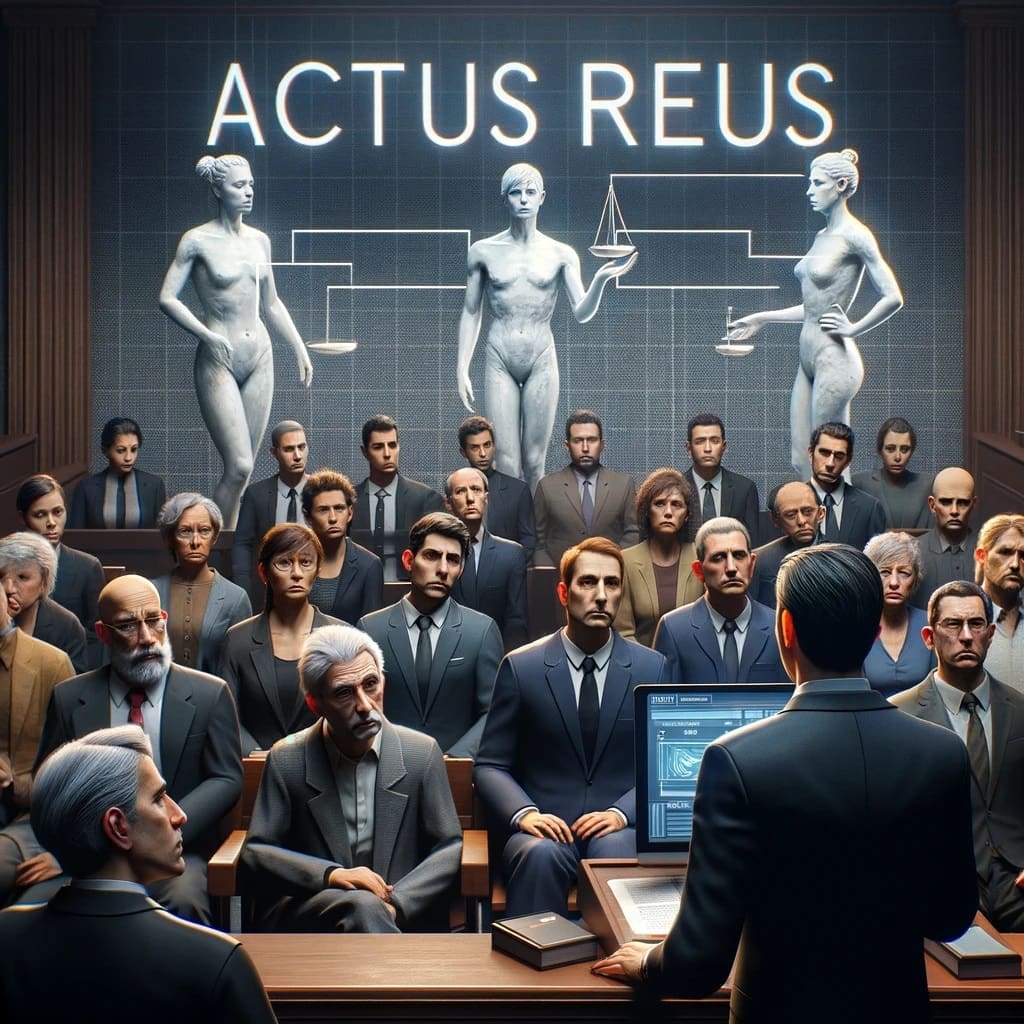Actus Reus: The Foundation of Establishing Criminal Liability
Actus reus, or the physical act of committing a crime, is a fundamental concept in criminal law essential for determining legal responsibility. This detailed article explores the nuances of actus reus, its significance in the legal system, and how it pairs with mens rea (the mental state) to establish culpability in criminal proceedings.
In the realm of criminal justice, actus reus is considered the first critical component in defining criminal activity. It refers to the actual conduct or wrongful deed that constitutes the physical elements of a crime, as opposed to the mental intent. Without a clear actus reus, establishing criminal liability is challenging, as the law typically does not punish thoughts alone.
Understanding actus reus involves dissecting the nature of the unlawful act or omission that results in harm. For an act to be considered actus reus, it must be a voluntary physical act or a lawfully defined omission. This includes situations where an individual fails to act when there is a legal duty to do so, such as a parent failing to provide necessities for their child.
The complexity of actus reus can be seen in various types of legal offenses. For example, in cases of burglary, actus reus is not just entering a property unlawfully but doing so with the intent to commit a crime therein. Similarly, in assault cases, the act may involve an attempt or threat of violence that creates a fear of imminent harm.
Legal defenses related to actus reus play a pivotal role in the courtroom. Defendants might argue that the physical act was not voluntary, as in cases where actions were taken during unconsciousness or due to involuntary intoxication. Proving that the actus reus was not voluntary can significantly impact the outcomes of criminal cases.
The relationship between actus reus and mens rea is also crucial for legal practitioners to understand. While actus reus deals with the physical aspect of a crime, mens rea addresses the mental intent. Both elements must be present for most crimes to secure a conviction. For instance, if someone performed an act that resulted in another’s death, they would only be found guilty of murder if it was proven that they had the necessary mens rea, or intention to kill or cause grievous harm.
Recent legal discussions have also focused on how modern technologies affect the interpretation of actus reus. For example, with cyber crimes, determining the physical action can be complex, as the wrongdoing might involve digital interactions that do not manifest physically in traditional ways.
Further, the article examines how various jurisdictions handle the concept of actus reus and its implications for international law. Differences in legal definitions can lead to significant disparities in how justice is administered from one country to another, especially in cases with cross-border elements.
In conclusion, actus reus is more than just an element of criminal activity; it is a cornerstone of legal theory that underpins the operation of the entire criminal justice system. Legal professionals must thoroughly understand its principles to effectively argue in court, whether they are defending or prosecuting. For anyone involved in the legal field, from students to seasoned attorneys, grasping the full scope of actus reus is essential for navigating the complexities of criminal law.














